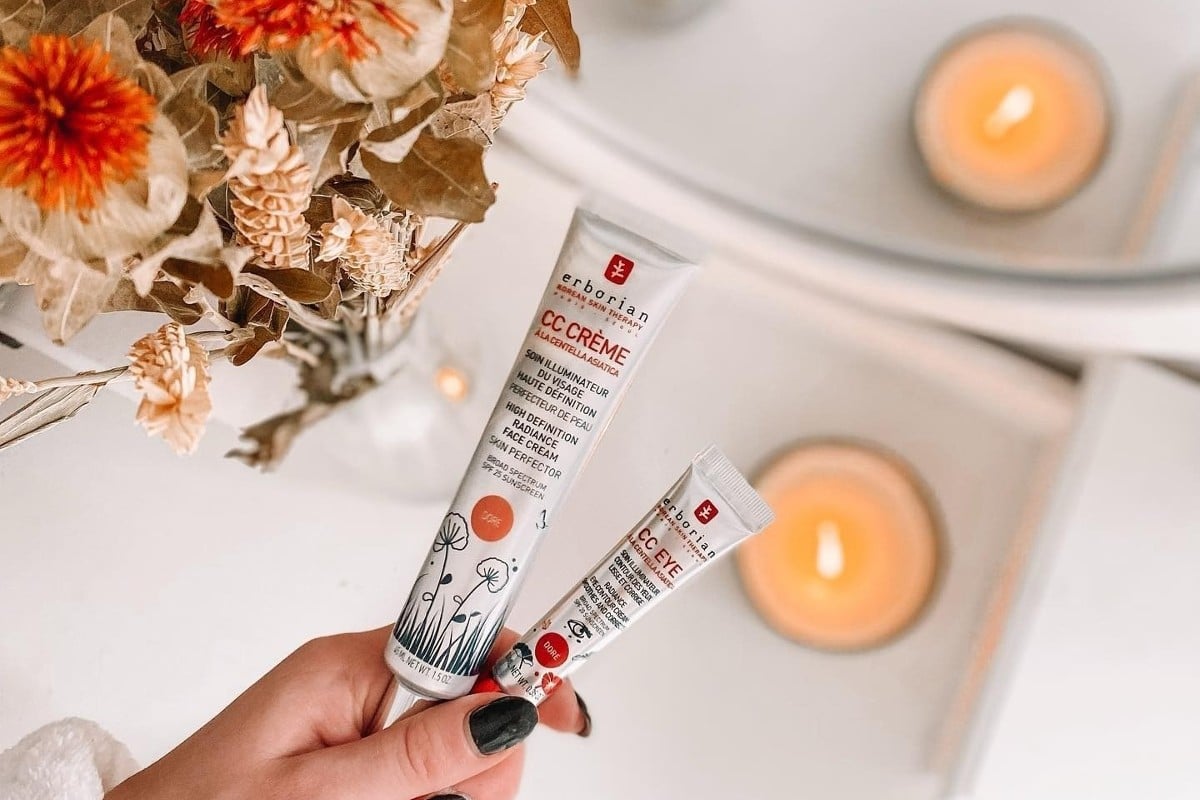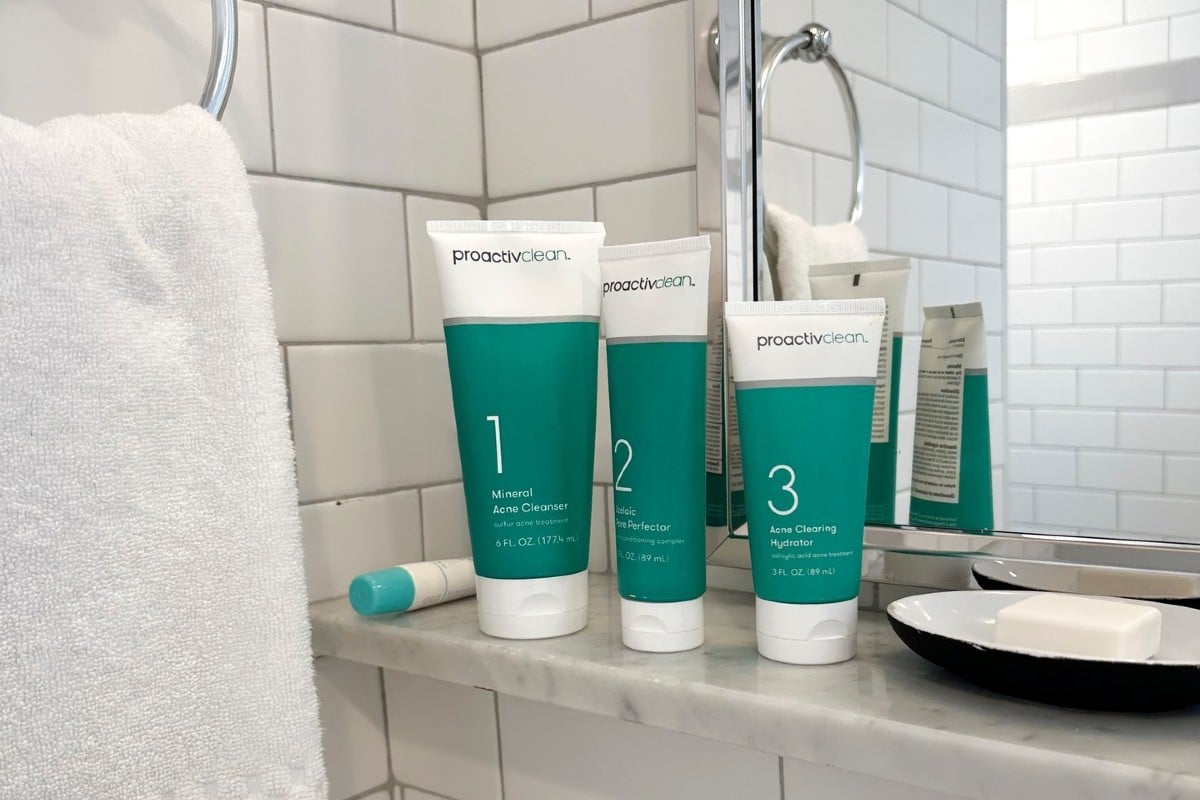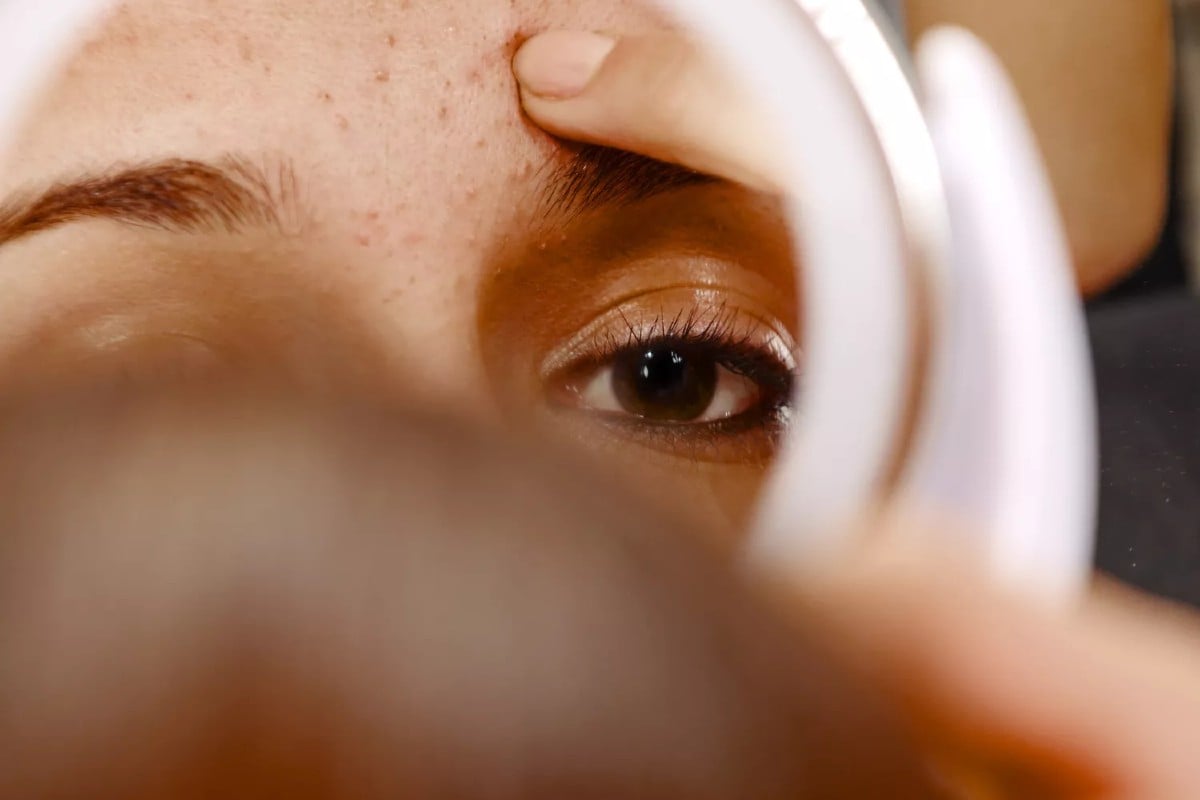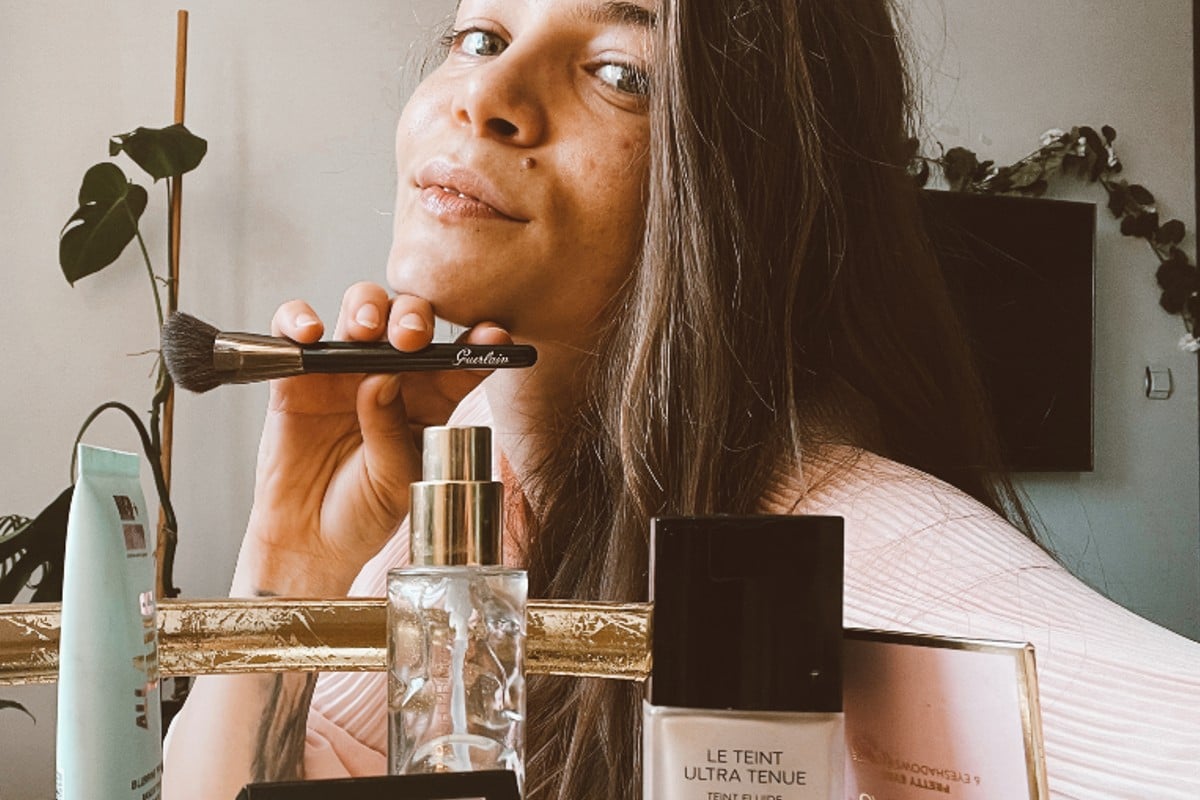You nailed it with your skincare routine and diet and still, those acne breakouts persist? Have you ever considered that acne triggers could be hiding in plain sight among your everyday household items? Yes, the items we touch, use, and come into contact with daily can be the reason our skin struggles to stay clear. Next, we take a closer look at the most common household items that are known to aggravate acne.
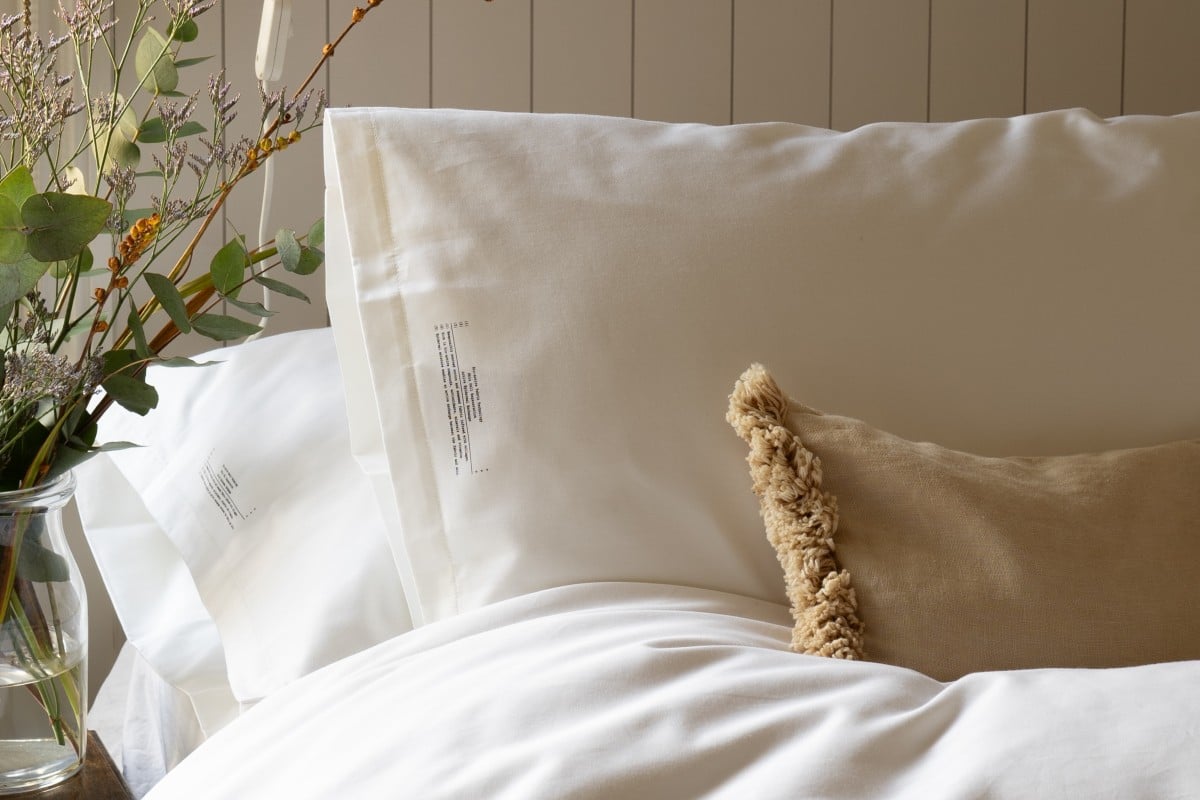
Pillowcases
Pillowcases are a bigger deal for your skin than you might think. They collect a whole lot of stuff that can clog your pores, like bacteria, oils, sweat, and dead skin cells. Even your hair products can get on them, adding to the mix.[1] That’s bad news since your skin is coming into contact with whatever’s on that pillowcase. Just think about it. Your face is lying on the pillowcase for hours, allowing the bacteria and oils to transfer back onto your skin. This can clog your pores and worsen your acne.
It’s not just bacteria, though. The physical rubbing of your skin against the fabric can also cause irritation. That’s why the fabrics matter a lot.
Some materials, like polyester, are rough and don’t let your skin breathe. Cotton is a bit better, but you still need to wash it often. We recommend silk or satin pillowcases. They’re smoother, so they won’t rub your skin, and they don’t collect as much oil and moisture. This means less stuff on your pillowcase to clog your pores and worsen your acne.
Sheets and Blankets
Similar to pillowcases, sheets and blankets can accumulate oils and product residues that can clog your pores. Make sure you use the right kind of sheets—like ones made of cotton—and wash them at least once a week.
Towels
Your towel might also be part of your acne problem. Towels tend to stay moist and hang out in dark bathrooms, creating an ideal breeding ground for bacteria. When you use these towels, you might transfer germs and microbes onto your skin, which can trigger acne. It’s best to switch out your towel at least once a week and consider using a separate one just for your face. And remember, when drying your face, gently pat it dry instead of rubbing. Rubbing irritates your skin and can contribute to breakouts.[2]
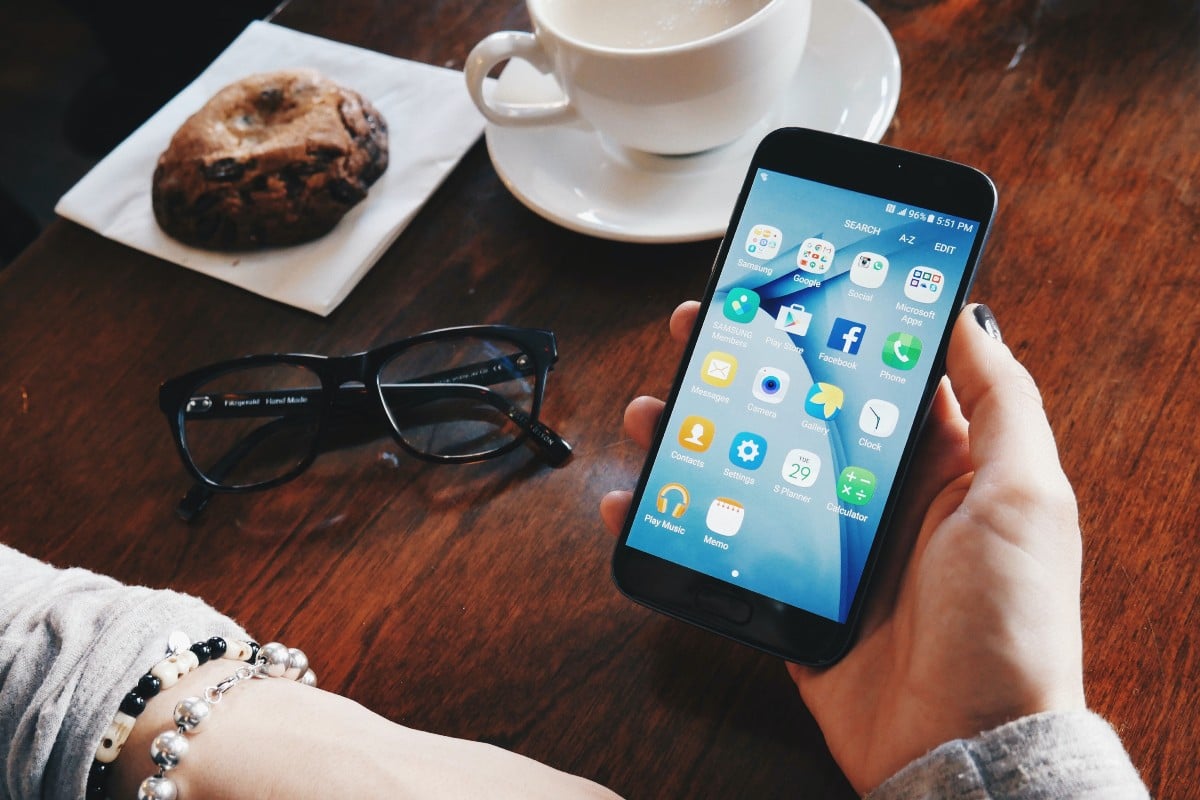
Mobile Phones
Considering we check our phones about every 12 minutes, it’s no shocker that they become a bacteria playground. Each time you touch your phone, you’re transferring bacteria from everywhere you’ve been right onto your screen. Then, when you hold your phone to your face, guess where that bacteria goes? Yes, right onto your skin. It’s a good skincare practice to clean your phone screen at the end of each day. Use a microfiber cloth with some antibacterial solution or a cleaner made for phones.
Food
While food isn’t the sole cause of acne, it can fan the flames. Diets high in sugars and carbs are often linked to acne because they increase androgen hormones in your body.[3] More androgens mean more sebum, and that extra oil can clog your pores.[4] It’s a good idea to steer clear of processed and sugary foods. Instead, load your plate with skin-friendly choices like green leafy veggies, salmon, nuts, and green tea.
Clothing
Tight-fitting gear like sports bras, helmets, and shoulder pads can put pressure on your skin and create friction, leading to what is known as ‘mechanical acne’. This is common in areas like your back or forehead, especially if you’re often wearing helmets or bandanas. That’s why it’s super important to shed your sports bra right after a workout. And with helmets, try not to wear them for too long. Take breaks now and then to give your skin some air, ease off the pressure, and manage sweat.
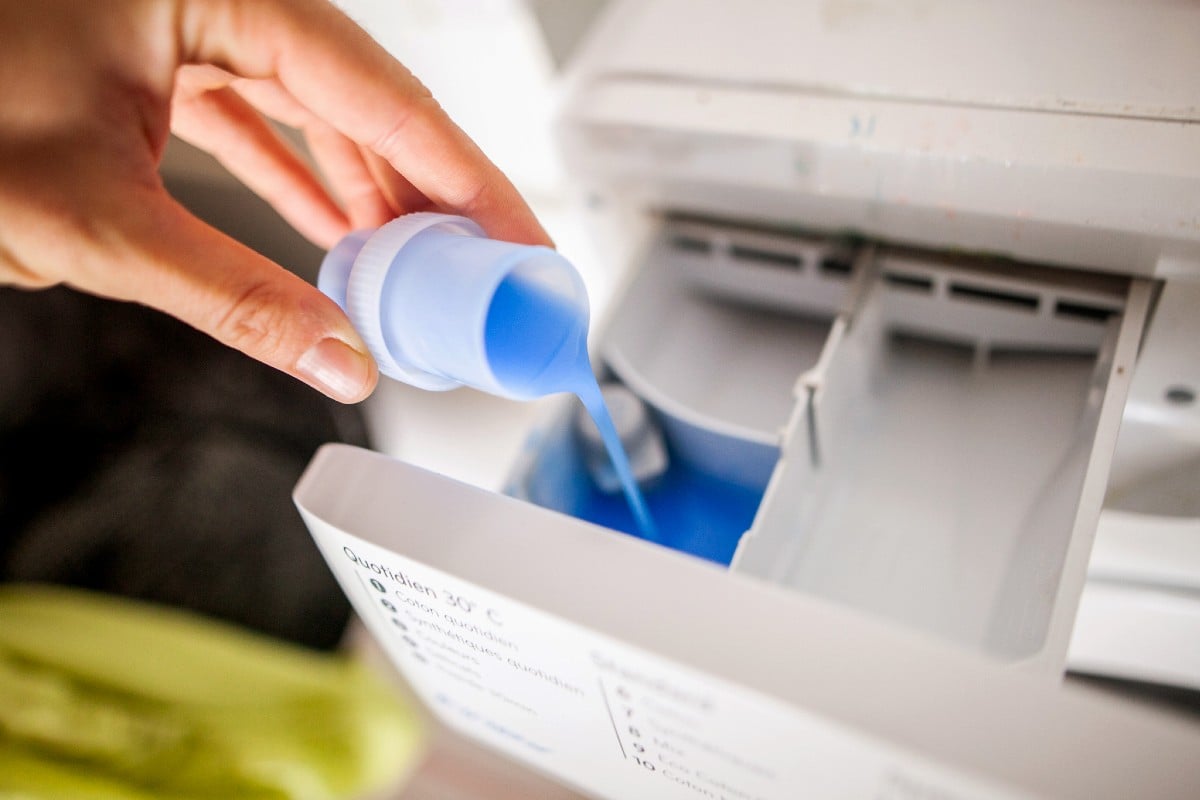
Laundry detergent
Detergents often contain harsh chemicals and fragrances that can accumulate on your clothes, sheets, and towels. When these laundered items come into contact with your skin, they can cause irritation and lead to contact dermatitis. This irritation can disrupt your skin’s natural barrier and leave it prone to acne breakouts. Consider switching to hypoallergenic or fragrance-free detergents, which are less harsh on the skin.
Reusable water bottles
Think about your reusable water bottle for a second. Handy and good for the planet, right? But here’s a twist—it could be contributing to those annoying breakouts around your mouth and chin. Every time you take a sip, some of the bacteria from your mouth hang out on the bottle’s rim and cap. If you’re not cleaning it often, that bacteria builds up big time. Next thing you know, when you go for a drink, that bacteria gets cozy with your skin, leading to acne where the bottle touches your face. The fix is pretty simple though. Just make washing your water bottle a daily thing.
Can the air in your house trigger acne?
The air in your house can indeed trigger acne, and a big part of this is due to volatile organic compounds (VOCs).
VOCs are chemicals that are released into the air at room temperature and are found in everyday household items. These chemicals act like pollutants, blocking your pores and leading to inflammation and acne. Common sources of VOCs include new furniture, air fresheners, and freshly painted walls. To minimize exposure, it’s a good idea to choose VOC-free paint and air out new furniture outdoors before bringing it inside.
If you’re living in a city with high pollution levels, your skin might be more prone to inflammatory acne. Polluted air causes inflammation and stimulates oxidative stress, both of which are known to contribute to acne.[5] Applying products with vitamin C, vitamin E, or ferulic acid can protect your skin against these environmental aggressors.
Read next: Acne Home Remedies Backed By Science
Footnotes
Women’s Concepts uses reliable sources, including dermatologists’ insights, clinical trials, and scientific journals, to find accurate information and support all the facts shared in our articles. All statements and claims have clear and legit references. Read our editorial policy to learn more about our sources of information, our process of researching and fact-checking the content, and how our team strives to keep all articles updated, completed, and trustworthy.
- Robert R. Dunn, Noah Fierer, Jessica B. Henley, Jonathan W. Leff, Holly L. Menninger, Home Life: Factors Structuring the Bacterial Diversity Found within and between Homes, Published: May 22, 2013
- Acne.org, How Often Should an Acne-prone Person Wash Their Towel?, April 15, 2022
- Danby FW. Nutrition and acne. Clin Dermatol. 2010 Nov-Dec;28(6):598-604. doi: 10.1016/j.clindermatol.2010.03.017. PMID: 21034984.
- Ghosh S, Chaudhuri S, Jain VK, Aggarwal K. Profiling and hormonal therapy for acne in women. Indian J Dermatol. 2014 Mar;59(2):107-15. doi: 10.4103/0019-5154.127667. PMID: 24700926; PMCID: PMC3969667.
- El Haddad, C., Gerbaka, NE., Hallit, S. et al. Association between exposure to ambient air pollution and occurrence of inflammatory acne in the adult population. BMC Public Health 21, 1664 (2021). https://doi.org/10.1186/s12889-021-11738-0


